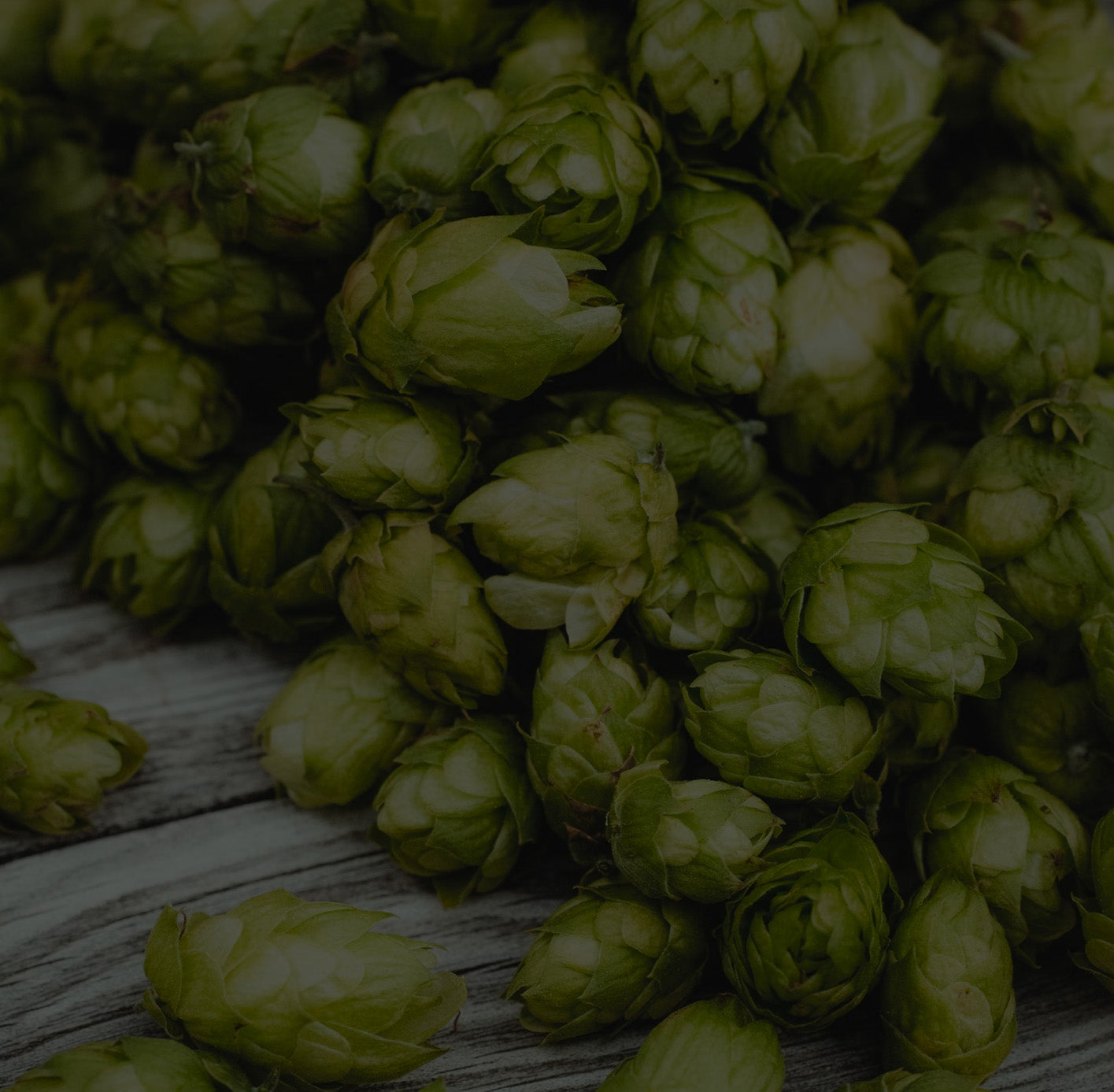The Dry Irish Stout is a classic for a reason—it’s deceptively light in body, incredibly dry, and features a distinctive punch of roasty, coffee-like flavor. This sessionable stout is the perfect beer for homebrewers looking for a quick turnaround brew that delivers maximum flavor without a high ABV.
This All-Grain recipe is designed for a standard 5-gallon batch size, targeting the classic style guidelines for a smooth, refreshing dark beer.
The Vitals
Here are the target statistics for this brew:
- Style: Irish Stout (BJCP 15B)
- Batch Size: 5.3 Gallons (20.06 L)
- Original Gravity (OG): 1.045 SG
- Final Gravity (FG): 1.008 SG
- Alcohol By Volume (ABV): 4.86%
- Bitterness (IBU): 28.2
- Color (SRM): 28.2 (Dark Brown/Black)
- Brew House Efficiency: 70%
Ingredients
Fermentables (Grain Bill)
- Riverbend Base Camp: 7 lbs 12 oz (3.52 kg) - Base malt for fermentable sugars.
- Briess Roasted Barley: 10 oz (0.28 kg) - Contributes the signature dry, coffee-like roast.
- Briess Flaked Barley: 8 oz (0.23 kg) - Provides body and crucial foam stability (head retention).
- Simpsons Chocolate Malt: 5 oz (0.14 kg) - Adds color and subtle chocolate/cocoa notes.
- Riverbend Crystal 50L: 3 oz (0.09 kg) - Contributes a hint of residual sweetness and color.
Hops
This recipe relies on a single bittering addition to achieve the required IBU level:
- Northern Brewer: 1.0 oz (28.3 g) - Added at the start of the boil (60 minutes).
Yeast & Miscellaneous
- Yeast: 1 package of LalBrew Nottingham Yeast (Dry Ale Yeast)
- Water Treatment: 0.5 Campden Tablet added to the mash water.
- Clarifier: 1 Whirlfloc Tablet added with 5 minutes remaining in the boil.
Brewing Procedure
1. Mash (60 Minutes)
- Water Volume: Add enough water to your kettle to reach a pre-boil volume of approximately 6.5 Gallons (24.53 L).
- Mash Temperature: Heat your water to 152° F (66.7° C).
- Mash In: Dough in your crushed grains and maintain the target temperature for a full 60 minutes. This lower mash temperature favors a dry beer by maximizing the conversion of starch into highly fermentable sugars.
- Mash Out: After 60 minutes, remove the grain basket and allow the wort to fully drain.
2. Boil (60 Minutes)
- Bring to a Boil: Turn up the heat to reach a boil.
- 60 Minute Hop Addition: As soon as the boil starts, add the full **1.0 oz of Northern Brewer** hops. This provides all the necessary bitterness for the style.
- 5 Minute Addition: With **5 minutes left** in the boil, add the **1 Whirlfloc tablet** to help clarify the finished beer.
- Cooling: After the 60-minute boil, turn off the heat and rapidly chill the wort to pitching temperature. Use an immersion or plate chiller to bring the temperature down as fast as possible.
3. Fermentation & Packaging
- Pitching Temp: Chill the wort down to 65° F
- Yeast Pitch: Transfer the cooled wort to a sanitized fermenter and pitch the single package of LalBrew Nottingham Yeast
- Primary Fermentation: Maintain a fermentation temperature of 65° F and allow the beer to ferment for approximately 5 days.
- Final Check: Once fermentation has slowed significantly, take a gravity reading. When the Final Gravity has stabilized near 1.008 SG, it is ready for packaging.
- Packaging: Transfer the finished stout to bottles or a keg.
Enjoy your dark, smooth, slightly toasty, and delightfully dry Irish Stout!







Leave a comment